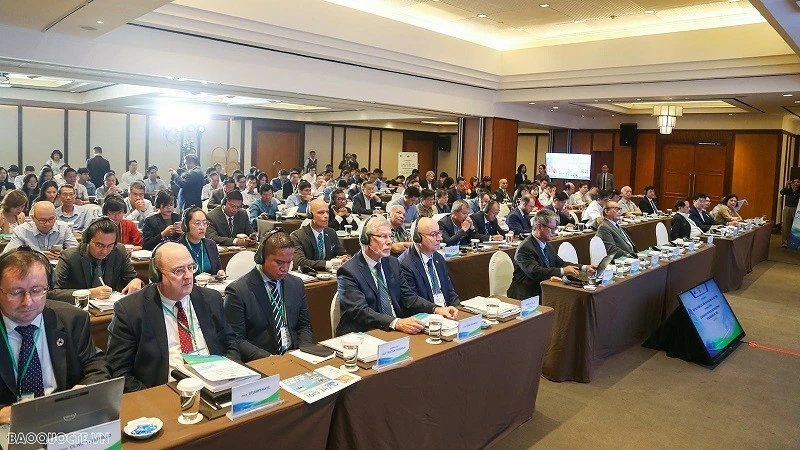 |
| Professor Clive Schofield (far left) attended the Workshop and shared many things related to overlapping claims at sea. (Photo: Tuan Anh) |
| Professor Clive Schofield is a marine geographer and international law scholar. He has published 200 publications, including 23 books and monographs, in areas related to overlapping maritime claims. He has participated in the peaceful settlement of border-territorial disputes and a number of international boundary delimitation cases at the International Court of Justice (ICJ). |
The number of claims is increasing rapidly.
Professor Clive Schofield argues that in recent decades, maritime jurisdictional claims have expanded significantly. These expansive claims are constrained by the framework of maritime jurisdictions set out in the United Nations Convention on the Law of the Sea (UNCLOS).
However, due to the proximity of coastal states, the number of overlapping maritime claims has increased rapidly, many of which remain unresolved.
According to the Professor, coastal states often do not precisely define the boundaries of maritime claims against neighboring states, so the scope of maritime areas with overlapping claims and areas of potential dispute are not clearly defined.
Professor Clive Schofield said this situation occurs despite the fact that UNCLOS member states are obliged to deposit geographic information with the UN Secretary-General to clarify the location of baselines, outer limits of maritime zones, as well as maritime boundaries.
Accordingly, there are “black holes” in ocean governance, loopholes for illegal fishing and trade activities in disputed waters. In some cases, disputed waters have become hot spots when disagreements escalate, increasing threats to regional and global peace and security.
States often assert jurisdiction over overlapping maritime zones, which are invoked under international law, so that if no settlement is reached between states, provisional measures should be taken without prejudice to the states and the final agreement.
There are many forms of arrangements such as: Planning a joint exploitation area where both sides can conduct fishing activities, even oil and gas exploitation; determining temporary boundaries or agreeing not to carry out certain activities.
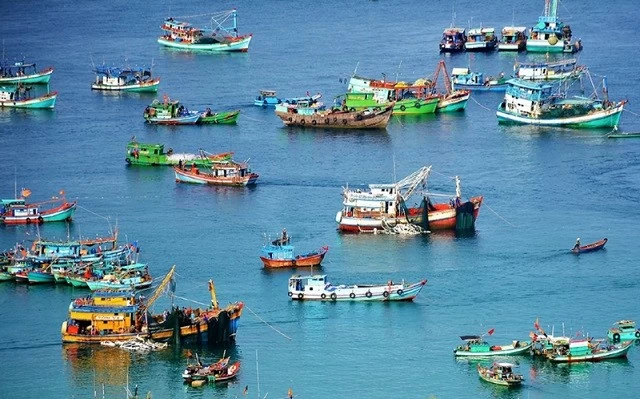 |
| Vietnam cooperates to promote fisheries and combat illegal fishing. (Photo: CP) |
Need to reach a provisional settlement
“It is necessary to determine the overlapping maritime space in the sovereignty claim and which provisions can be applied to areas with overlapping claims. UNCLOS is also inconsistent and has points that are difficult to apply to specific maritime areas. There is ambiguity and uncertainty in the application of provisions to overlapping sovereignty claims between countries,” the Professor further analyzed.
The international workshop “Cooperation for peaceful and developed borders, seas and islands” was organized by the Ministry of Foreign Affairs in coordination with the Wallonie-Bruxelles Delegation to Vietnam on October 8 in Hanoi. The workshop gathered about 200 delegates, including domestic and international scholars, representatives of ministries, sectors and local border and coastal areas. The organization of the Workshop stems from the significance of border and territorial work and the objective practical requirements of management and cooperation for peaceful and developed borders, seas and islands. |
According to the Professor, there should be a code of conduct between countries claiming sovereignty in the overlapping sea areas and efforts should be made to reach an agreement or temporary arrangement, without actions that prevent the reaching of a common agreement. The parties should discuss the content and implications of the code of conduct in a spirit of goodwill, in some cases it is necessary to refer to and take advantage of precedents and cases to reach an agreement on conduct between countries, the case of Guyana with Suriname is a typical example.
During the transitional period from the emergence of a dispute to the reaching of a settlement, the parties shall make every effort towards a provisional agreement of a practical nature, but shall not be obliged to reach agreement and shall not jeopardize or hamper the reaching of the final agreement.
Furthermore, the fact that the dispute has not been settled does not preclude economic activity in the disputed area. However, countries should be cautious about authorizing activities that are likely to cause permanent harm to the marine environment or impede the eventual conclusion of a final agreement. It should also be noted that law enforcement activities may also make reaching an agreement more difficult.
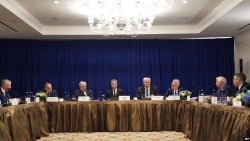 | G7 foreign ministers meet on the sidelines of the UN General Assembly, issue statement on a series of hot issues On September 23, foreign ministers of the Group of Seven (G7) leading industrialized countries held a meeting outside ... |
 | Prime Minister Pham Minh Chinh will attend the ASEAN Summit in Laos. According to a statement from the Ministry of Foreign Affairs on October 3, Prime Minister Pham Minh Chinh will lead a high-ranking Vietnamese delegation to ... |
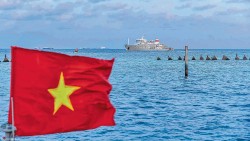 | Strengthening and expanding international cooperation on the sea for peace, stability and sustainable development in the East Sea Permanent Deputy Minister of Foreign Affairs, Chairman of the National Border Committee Nguyen Minh Vu gave an interview to TG&VN Newspaper on the occasion of the ... |
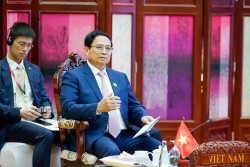 | ASEAN is confident, self-reliant and strategically autonomous in a changing world On October 9, continuing the working program of the 44th and 45th ASEAN Summits and related Conferences at ... |
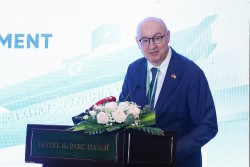 | Vietnam's remarkable diplomatic efforts for borders, seas, islands, peace and development That is the assessment of Head of the Wallonie-Bruxelles Delegation to Vietnam Pierre Du Ville about Vietnam's efforts in ... |
Source: https://baoquocte.vn/xac-dinh-yeu-sach-chong-lan-tren-bien-cac-bien-phap-kha-thi-tu-goc-nhin-cua-giao-su-australia-290873.html


![[Photo] Comrade Khamtay Siphandone - a leader who contributed to fostering Vietnam-Laos relations](https://vstatic.vietnam.vn/vietnam/resource/IMAGE/2025/4/3/3d83ed2d26e2426fabd41862661dfff2)
![[Photo] Special relics at the Vietnam Military History Museum associated with the heroic April 30th](https://vstatic.vietnam.vn/vietnam/resource/IMAGE/2025/4/3/a49d65b17b804e398de42bc2caba8368)
![[Photo] Prime Minister Pham Minh Chinh receives Deputy Prime Minister of the Republic of Belarus Anatoly Sivak](https://vstatic.vietnam.vn/vietnam/resource/IMAGE/2025/4/2/79cdb685820a45868602e2fa576977a0)

![[Photo] Prime Minister Pham Minh Chinh receives CEO of Standard Chartered Group](https://vstatic.vietnam.vn/vietnam/resource/IMAGE/2025/4/2/125507ba412d4ebfb091fa7ddb936b3b)








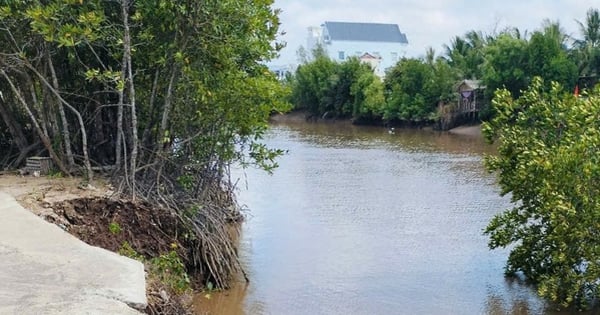




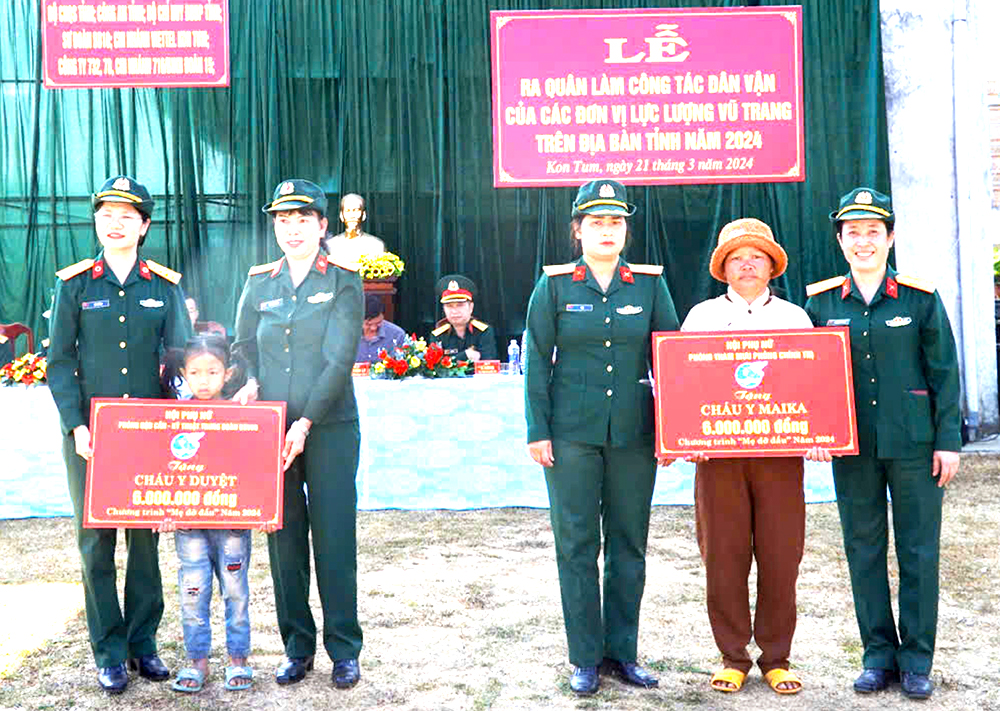
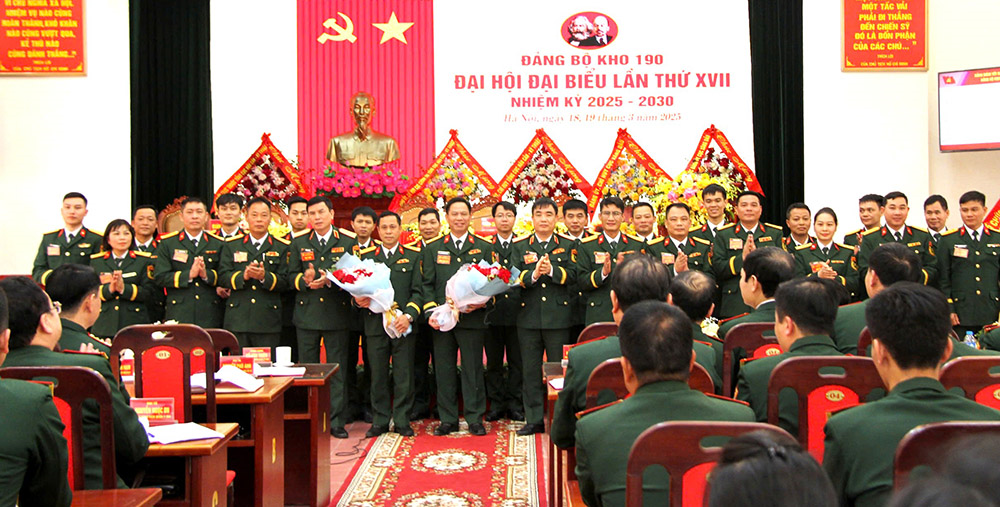
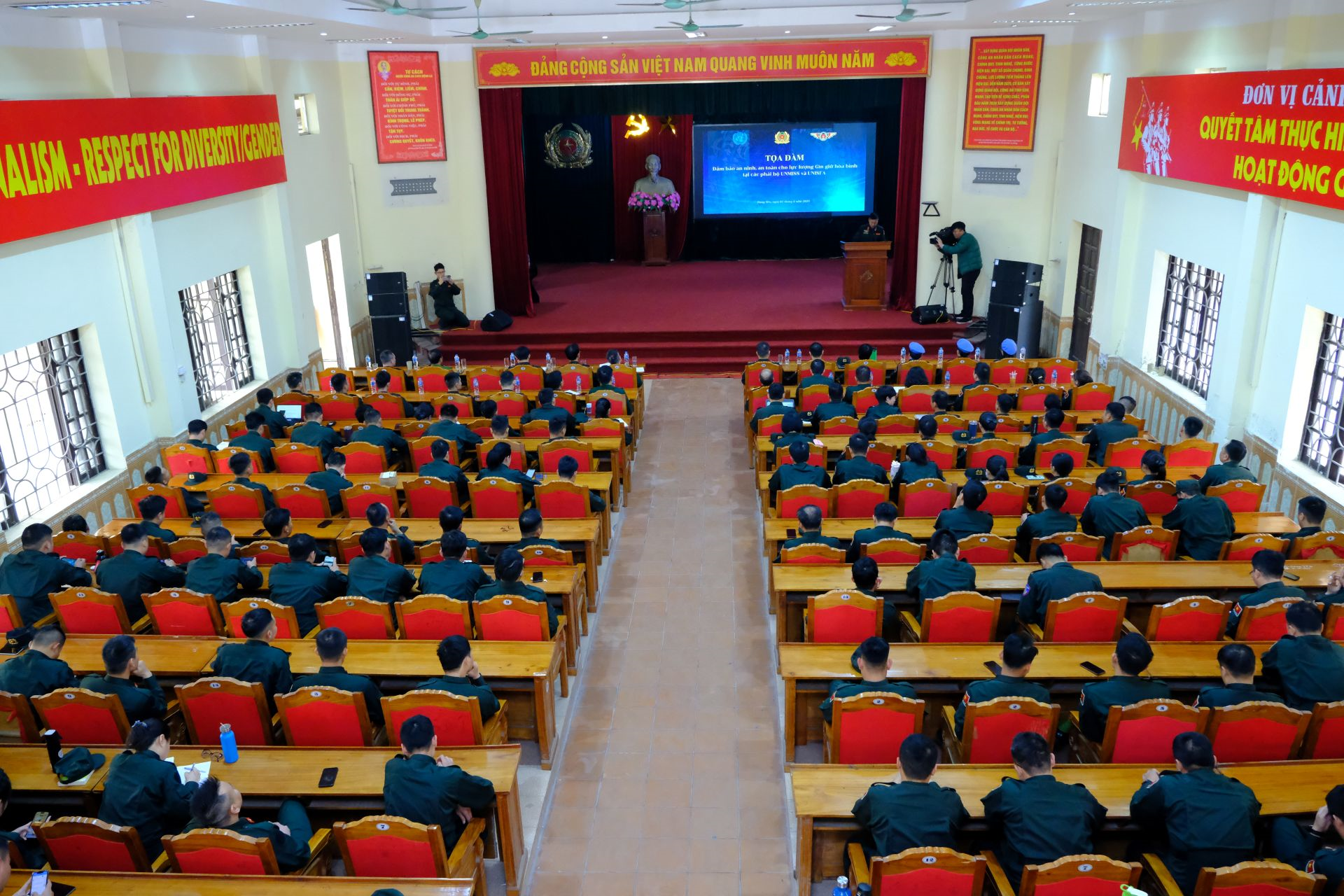
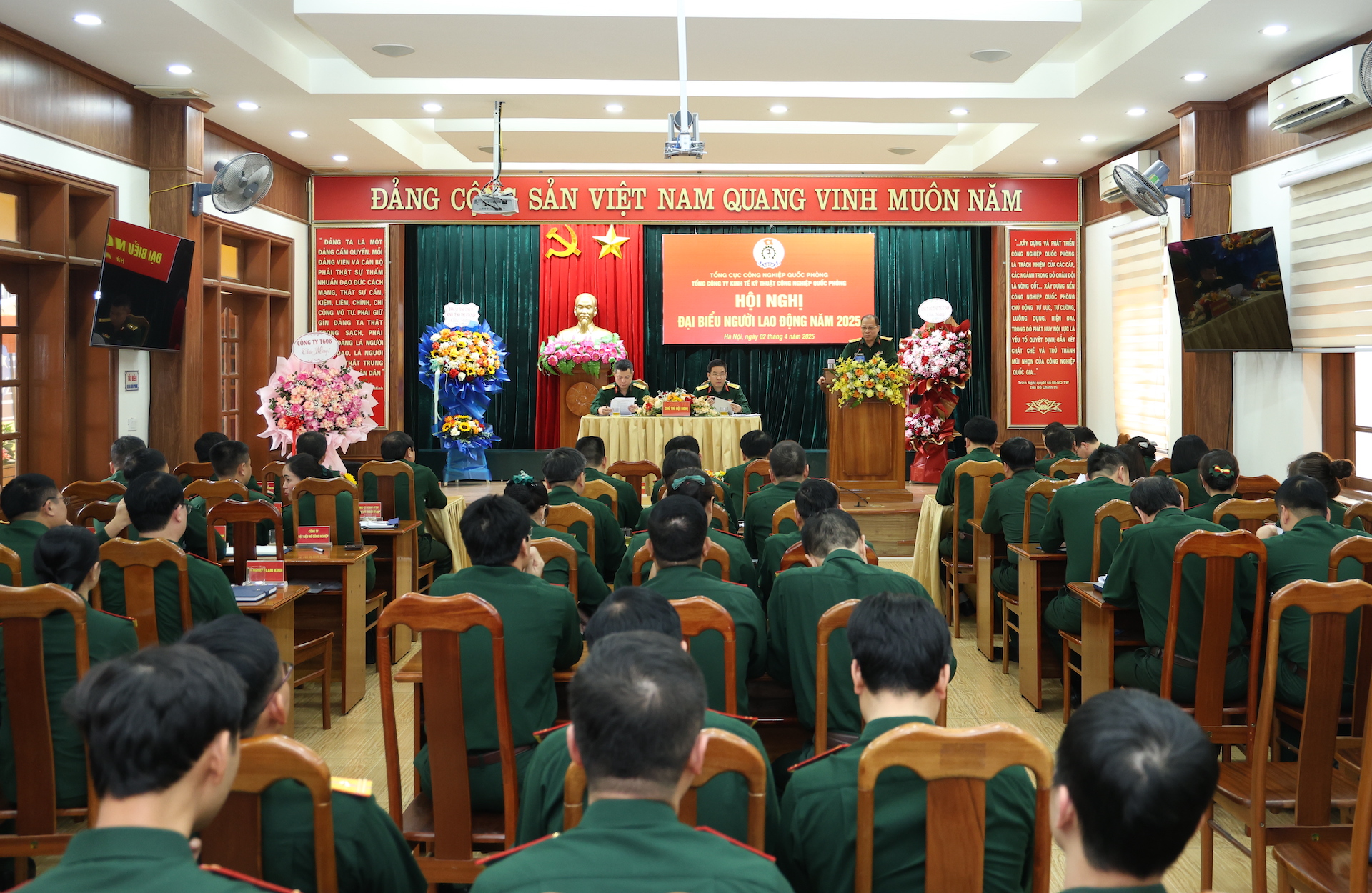





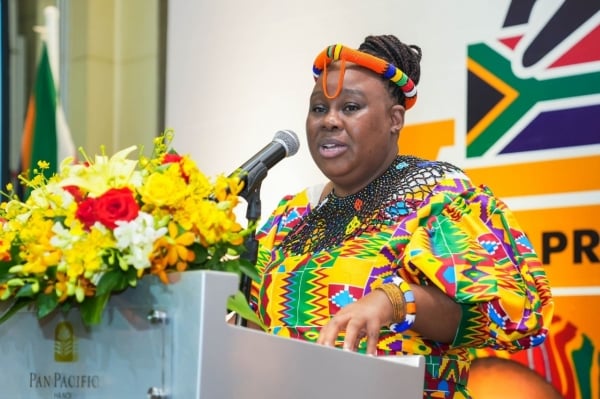
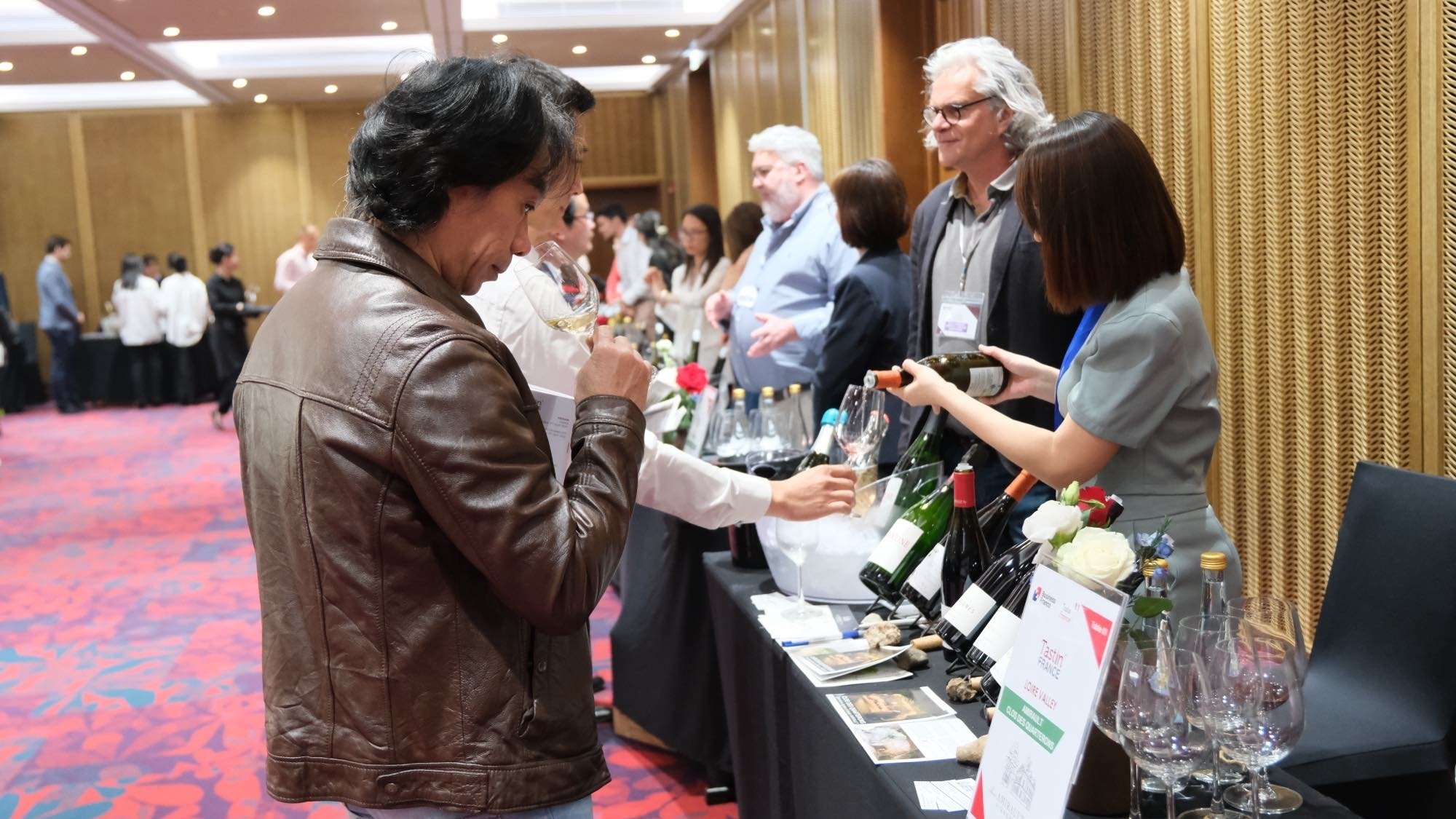

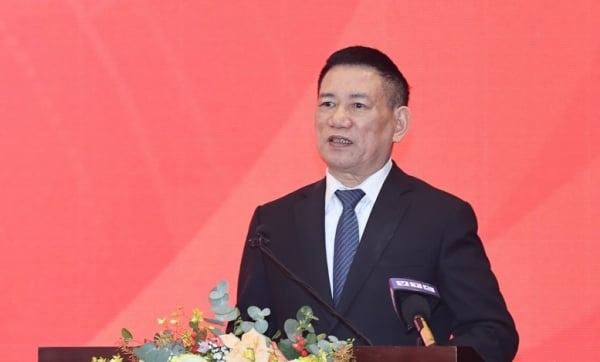
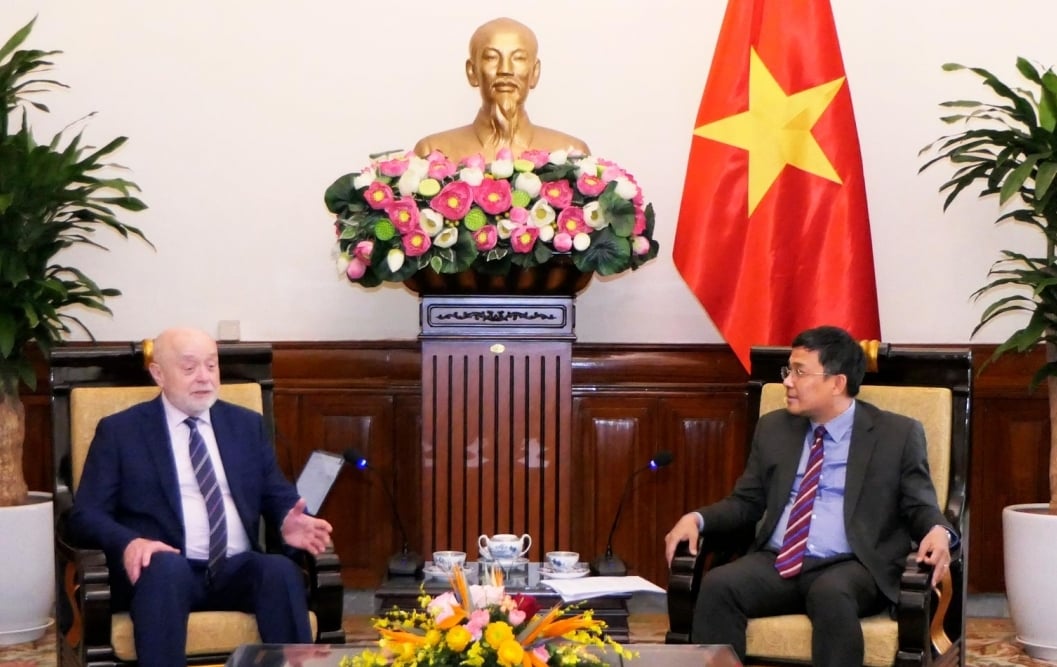






























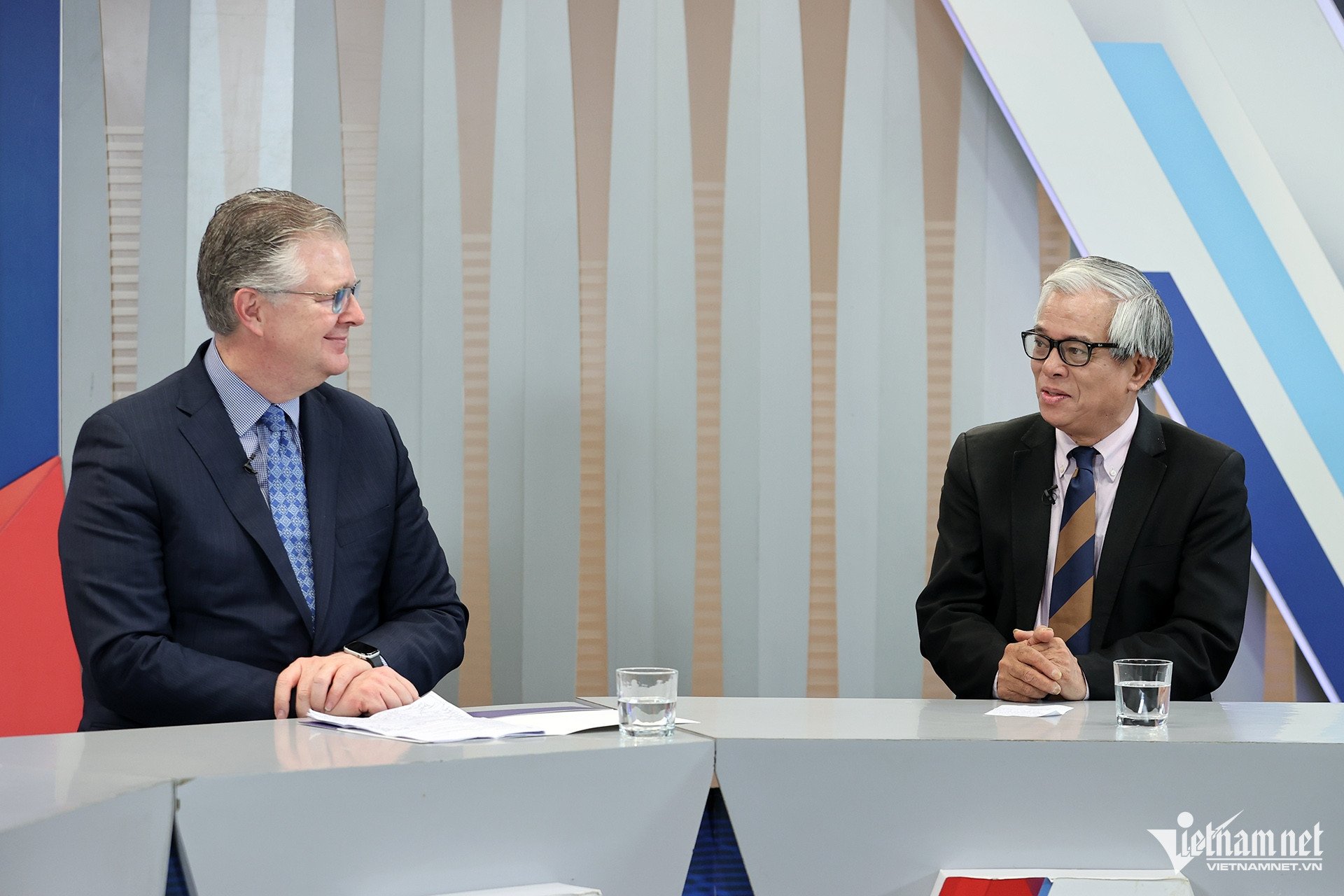

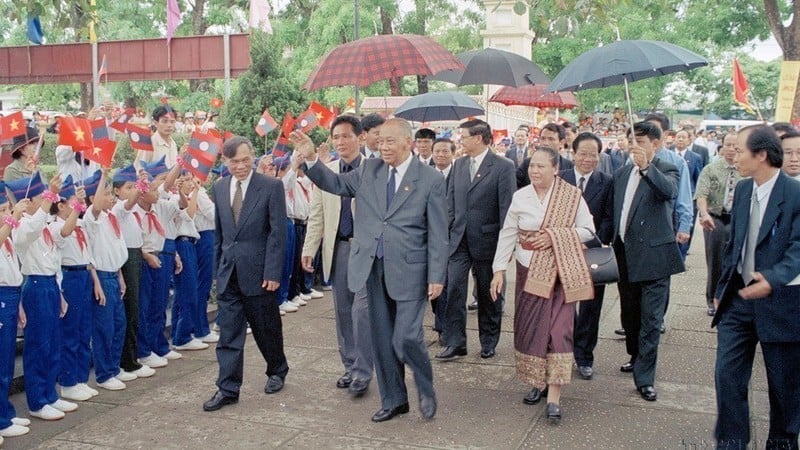











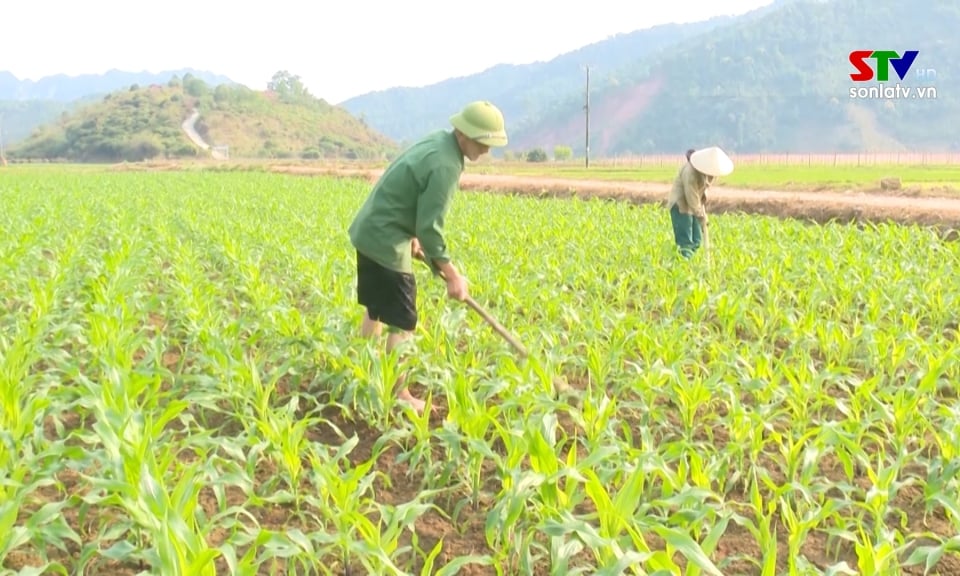


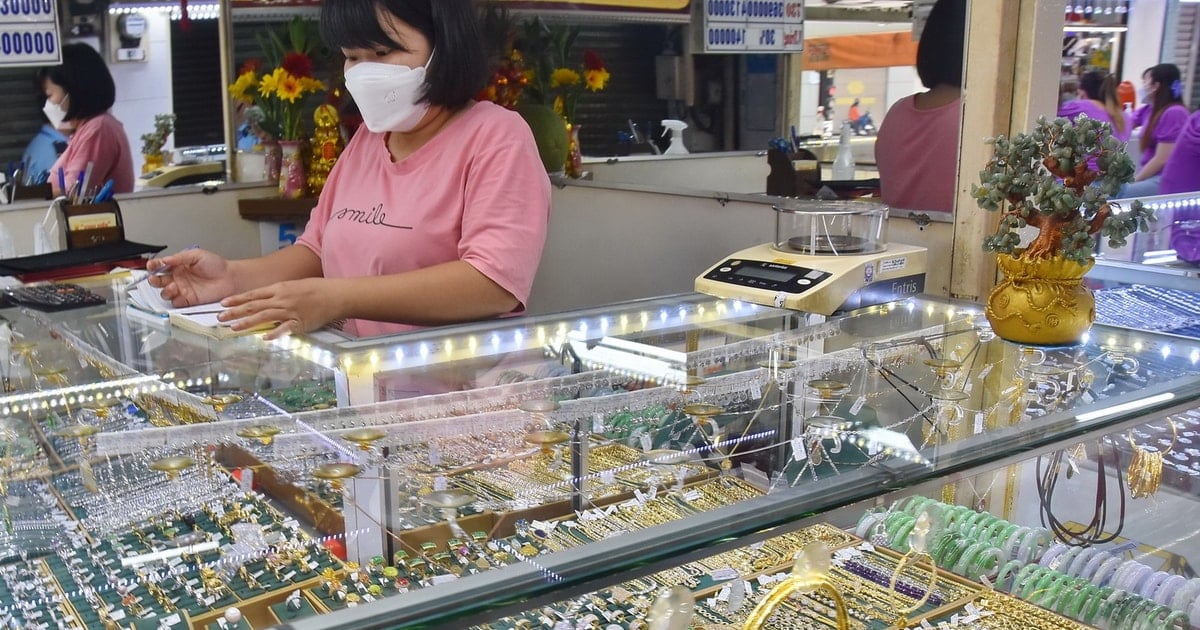



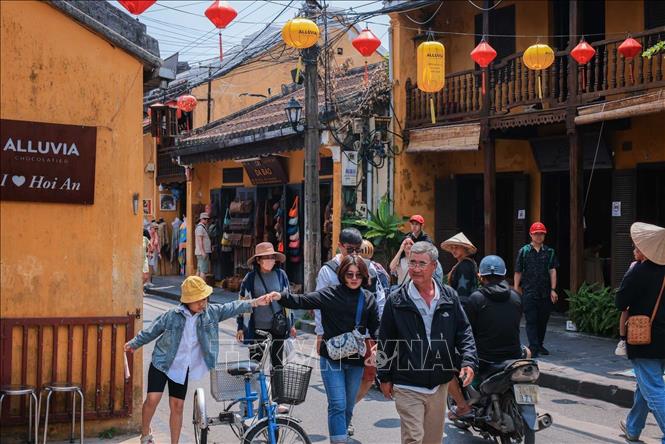

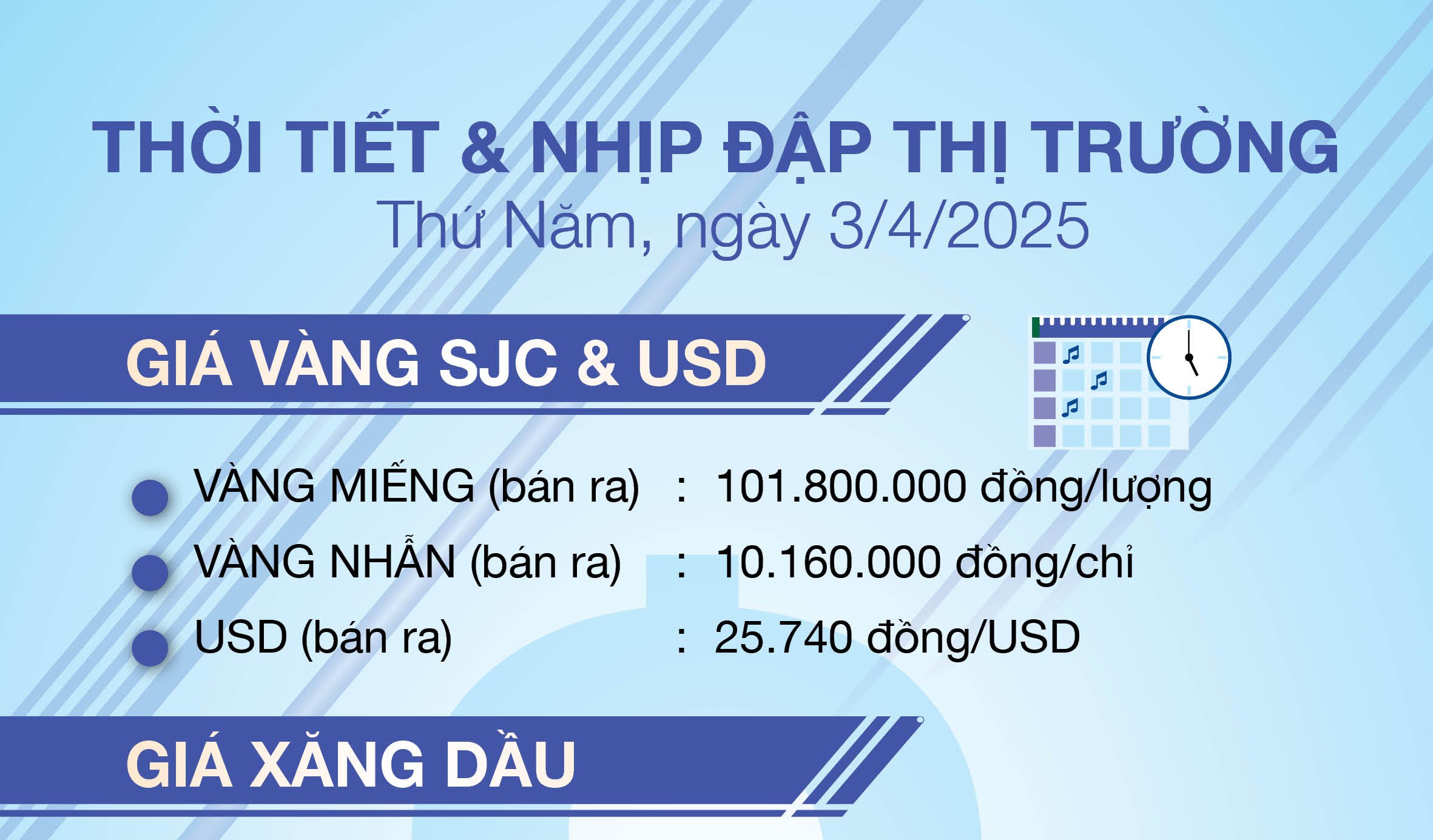













Comment (0)